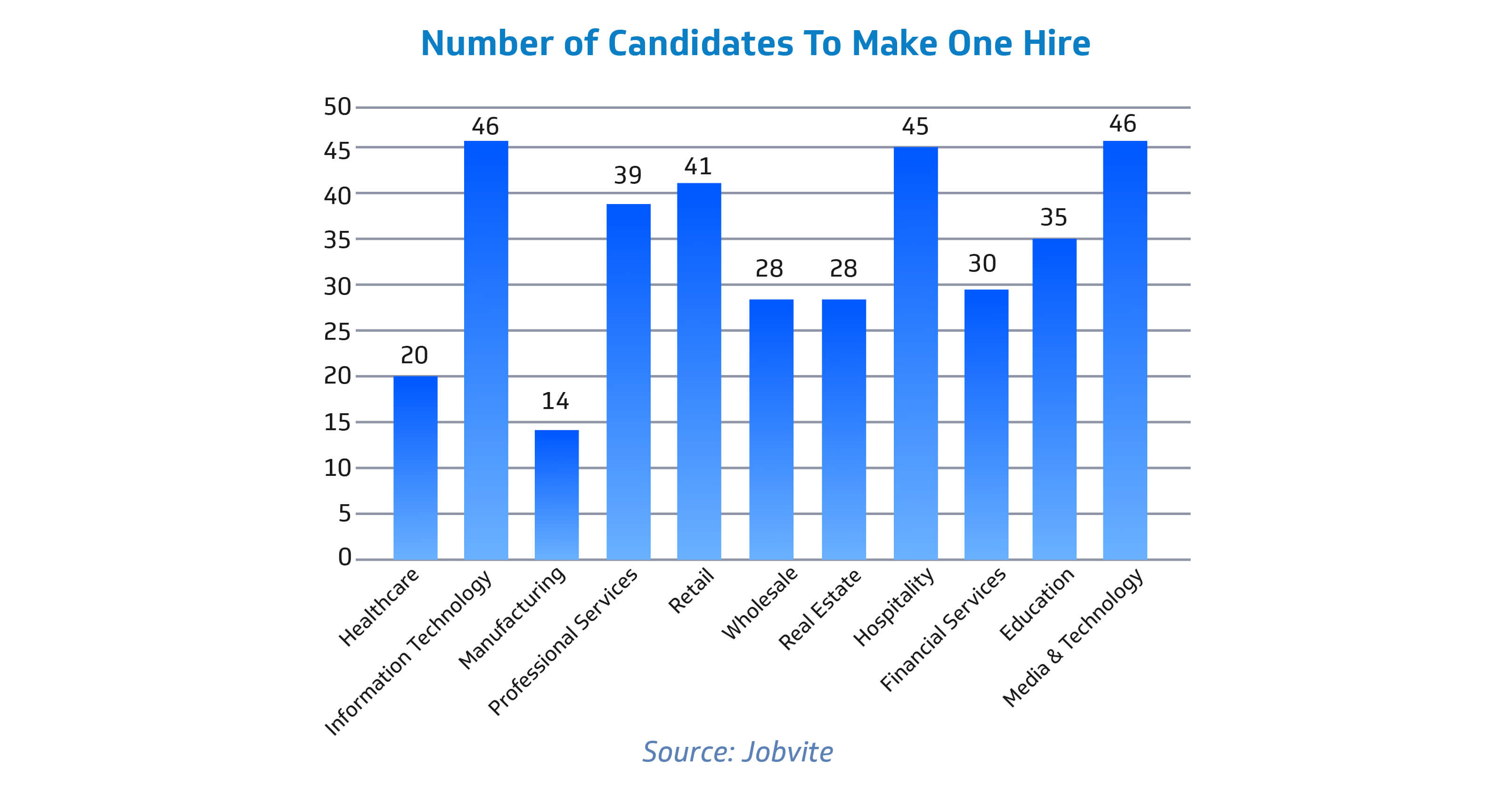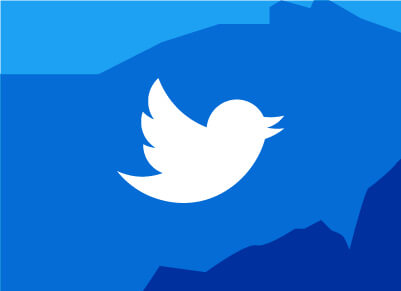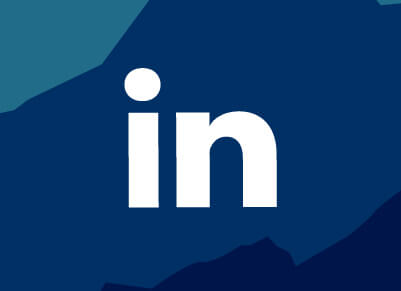
Whether you’re going on a first date or a job interview, chances are someone is going to Google you.
In the olden days, businesses advertised jobs in the classifieds, and job seekers physically submitted their resume via mail or in person. The internet, Google and social media did not exist. If you literally looked good on paper, you might get an interview.
Times have certainly changed.
Gone are the days when your resume accounted for the bulk of landing a new job. Many factors determine which candidates get selected. Resumes are essential, and you need to have a strong one. But recruiters are research savvy, and they know how to evaluate your entire professional brand. They don’t stop at your resume—they’re Googling you and viewing your social media profiles and activity.
Throughout your journey as a job candidate, you must control your narrative—the overarching story your online persona illustrates. Don’t let your online reputation take on a life of its own. A recruiter’s first impression of you is no longer only made in the interview room: it’s also made online.
What is my professional brand?
Every company has a brand, and it either contributes to the company’s success or hinders it. Every person has a professional brand that either elevates their career success or doesn’t.
Your professional brand (also referred to as your personal brand) encompasses your past experiences, who you are, what you do, your attitudes, habits, beliefs and where you’re headed. One’s professional brand can be broken down into skills and experience, professional values and behavior.
Later in this section we will go through each of the above and show you how to demonstrate them online.
Why your personal brand is more important than ever
Although the United States unemployment rate is at a historical low, you’d think landing your dream job would be easy.
Not so.
As companies embrace “alternative work,” the talent pool continues to expand. The alternative workforce includes contractors, freelancers, independent workers, gig workers and people with second jobs (often part-time). Deloitte’s latest millennial study found that 64% of full-time workers want to do “side hustles” to make extra money. In 2020, the number of self-employed workers is projected to triple to 42 million people, with freelance and contract workers making up 43% of the U.S. workforce.
This expanded talent pool means more competition for every open job. Now more than ever, you need to differentiate yourself from other candidates.
To ensure job security, you must cultivate a professional brand, as most recruiters use social media and other online resources to assess your candidacy.
Now, let’s dive into crafting a positive professional brand to help you to rise above the pack.
Skills and experience
The first step when creating or updating your resume and/or social media profiles is to analyze your skills and past experiences.
Begin by analyzing the required preferred skills and experience of your target job. As you craft your professional brand, paint a holistic picture using your entire digital persona. Demonstrate why you are the best fit for your ideal job. Skills to articulate and demonstrate are:
Hard skills: These are technical competencies that you need to complete tasks efficiently and successfully. They often are a minimum job requirement and vary by occupation. Examples include proficiency in programming languages, using test automation tools and working with graphic design programs.
Soft skills: You need this set of skills to successfully execute the technical skills of your job. Examples include time management, written communication, project management and presentation skills.
Visit other sections of this guide on how to showcase your skills and experience on your resume and LinkedIn.
Professional values
Professional values are “business-related beliefs or principles that guide professional behavior. Values may reflect ethics, practices, standards and other norms within a commercial environment,” according to Business Dictionary. These beliefs enable you to make judgment calls at work to ensure the best interest of the department and the employer are promoted.
Examples include accountability, integrity, teamwork, transparency, commitment to your profession and continued learning.
Infusing your professional values into your digital persona requires focus and effort. We’ll show you how to accomplish this next.
Suggested Reading:
The Best Skills to Include on Your Resume
99 Key Skills for a Resume (Best List of Examples for All Types of Jobs)
Impressive Skills to Include on Your Resume
How to present your personal brand online
To show potential employers that you possess the skills and the professional values they desire in a new employee, it’s worth your time to focus on a few key areas.

Continued learning: Showing your commitment to continuous learning will attract potential employers. Manifest this trait by engaging with content on social media. Let’s say a peer posts about a new technology poised to disrupt your industry. Join the conversation by posting a thoughtful comment, asking a question or sharing related content with your network. Demonstrate your knowledge of trends that impact your profession, industry, employer or customers.
Professional achievements: Highlight your achievements to showcase your strong work ethic and why you are an asset in the workplace. Awards like Employee of the Quarter or Rookie of the Year can give a hiring manager insight into the impact you can have at any organization. It’s also an effective way to bolster your profile and resume.
Teamwork: No matter your role or career level, nothing is possible without teamwork. Demonstrate to potential employers that you have strong collaboration skills by showcasing team projects on your resume and LinkedIn profile.
Commitment: Passion for your work can be the one trait that sets you apart from the competition. Hiring managers hire team members who are committed and devoted! Think about your coworkers. Isn’t it more enjoyable to work with people who bring enthusiasm to the office? In today’s digital world, it is easy for recruiters to spot passion for one’s work. Make it a point to share content and participate in discussions about trends and issues impacting your field. Provide value to others within your industry and to those entering it. Be an advocate for your profession.
Now that we have discussed what crafting a positive professional brand entails, let’s talk about why you should care.

3 reasons you should care about your personal brand
1. It's not all about your resume
Recruiters don’t hire resumes; they hire human beings. Think beyond the resume and view your professional brand as a singular, unique entity. Recruiters are assessing your fit for their company culture, your potential to advance the company’s purpose and how well-rounded you are—not just on the job, but also outside of work. They’re looking for qualities, experience and skills that cannot be conveyed on a resume alone.
2. Employers often hire for potential
The majority of employers will hire and train people who may not have all the skills they need, but have potential, according to CareerBuilder. Fifty-nine percent of all employers surveyed plan to train low-skill workers who don’t have experience in their field and hire them for higher-skill jobs.
Use social media to demonstrate what your resume can’t. Resumes are static and limiting. You can’t represent your potential on a resume. They don’t live and breathe as your professional brand does.
Use social media to network with other professionals in your field. Commit to developing long-term relationships with potential mentors, partners or employers. This can help you develop your skill set, stay current on the latest trends and stand out from other applicants.
Most industries change rapidly, and to remain competitive and grow professionally, it’s important to focus on self-study and continuously push yourself to learn new things.
Pro Tip: A simple, accessible way to continuously learn and stay current in your industry is through your Twitter account. Use this diverse social media platform as a listening tool to stay up-to-date on the latest trends and topics that everyone’s talking about.
Separate your following into Twitter lists categorized by topics based on your industry and professional interests. Refer to these lists daily to skim through chats and articles you might have missed. Also, don’t forget to engage with tweets that interest you!
This social listening tool will ensure you’re not missing important conversations.
Suggested Reading: Twitter: How to Stay Up-to-Date on Industry Trends
3. What happens in Vegas could cost you a job
Recruiters and talent sourcers are savvy at internet research and can find just about anything online—whether you think it is private or not. Google yourself online. What do you see? Now imagine you are highly-trained in conducting x-ray searches and uncovering “private” information online.
Your online activity can cost you a job. What’s posted on the internet is written in permanent ink. In the physical world, there is context. In the digital world, there is not. Something you may find funny or innocuous may resonate differently to someone else.
The importance of networking
With 80% of jobs not listed, networking is more vital than ever to stand out from the competition when landing a job.
Whether you’re trying to score your first role after college or looking to transition jobs, consistently leveraging your network can help you discover new opportunities that will propel your career forward. In fact, studies show there is a direct correlation between business success and building a strong network.
But what’s the key to networking? Click here to learn best practices for nurturing relationships throughout your job search.
Suggested Reading: How to Network for the Job Search
How to get a job with your professional brand
What’s the best way to use your personal brand to get a new job? There is a long answer to that short question, and we don’t have enough room on this page to cover it all here.
Check out these in-depth articles below for channel-specific strategies to optimize your professional brand on Twitter, LinkedIn and Instagram.
What better way to exemplify your personal brand than through your online presence? In today’s day and age, social networking websites such as Twitter have become a supplementary talent pool for recruiters when searching for the perfect candidate. Not only is Twitter a resource for global trending topics, but tweets and hashtags have also become a way for job seekers to capture the attention of recruiters and put themselves in the running for their dream position.
Interested to learn more about how you leverage this vast social platform to your advantage? Click here to find out how to set up your profile and tweet your way to a new job!
LinkedIn, the world’s largest professional network, has become the “go-to” social media channel for recruiters and hiring managers to learn more about you. To stand out from other applicants, craft your LinkedIn presence to establish yourself as a respected contributor in your industry. During the job hunt, demonstrate dedication to your profession and continued learning by leveraging content, sharing articles and participating in relevant conversations.
To accomplish this and obtain a step-by-step guide to optimize your LinkedIn profile, click here.
Instagram continues to take the social media world by storm, from endless selfies to posted stories. It’s undeniably growing in use, even with recruiters. Now more than ever, job seekers must showcase their professional brand online, and IG is no exception. If you’re searching for new career opportunities, there are many factors to consider when boosting your online presence on this popular app.
Ready to learn how to define your brand and post compelling content? Click here to discover how to successfully use Instagram during the job search!
You’ve put in a lot of work up to this point in optimizing your professional brand. Now let’s turn our attention to creating a powerful resume that answers why YOU are the best person for the job.




